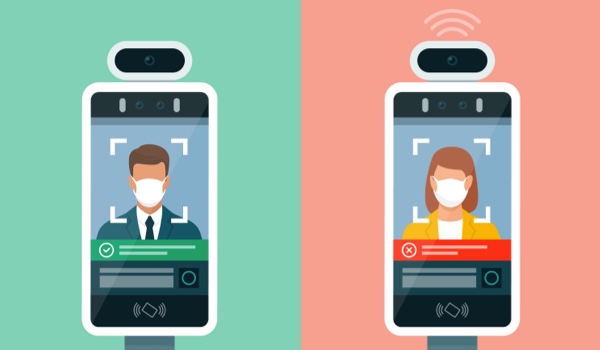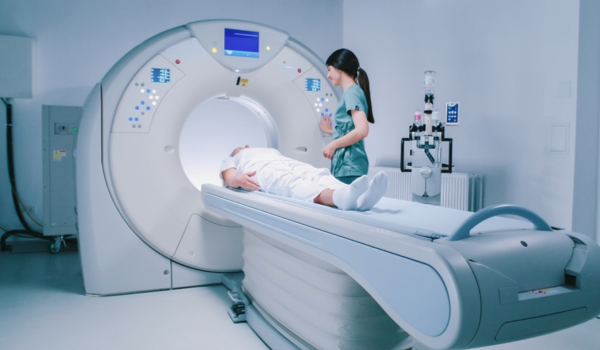


NAIROBI - Parkinson's disease (PD) is a neurodegenerative disorder marked by the ever-evolving loss of physical motor capabilities that afflicts 1 percent of those over age 60, with men 50 percent more likely to contract it. Symptoms including tremors, difficulty in bending over and maintaining balance, and bradykinesia - slowed movement.
Early detection and diagnosis are vital for successful administration and treatment, yet the side effects from treatment in the early stages of the disease often preclude these. Such obstacles notwithstanding, ongoing headway in computerized reasoning - i.e., simulated intelligence - have shown promise in recognizing the presence of PD before it becomes a serious problem.
State of PD diagnosis
To date, analysis of PD has traditionally heavily depended on clinical assessment - including neurological evaluations and detection of side effects. These strategies are abstract and frequently insufficiently refined to spot PD in its earlier stages or patients who do yet not have the disease but are at a heightened risk for it. Misdiagnoses are also frequent - another reason suitable treatment often begins later than it should.
AI in PD detection
Computer-based intelligence offers an alternative approach in the detection of PD by using progressed computational strategies to dissect complex information. Artificial intelligence (AI) calculations - a subset of simulated intelligence - handle enormous datasets and distinguish inconspicuous biomarkers characteristic of PD with great precision. These biomarkers often examine patients’ walking and gaits, voice qualities, penmanship, and physical appearances.
Examining patient walks
The content herein is subject to copyright by The Yuan. All rights reserved. The content of the services is owned or licensed to The Yuan. Such content from The Yuan may be shared and reprinted but must clearly identify The Yuan as its original source. Content from a third-party copyright holder identified in the copyright notice contained in such third party’s content appearing in The Yuan must likewise be clearly labeled as such. Continue with Linkedin
Continue with Linkedin
 Continue with Google
Continue with Google







 535 views
535 views











2024-06-07
2024-06-07